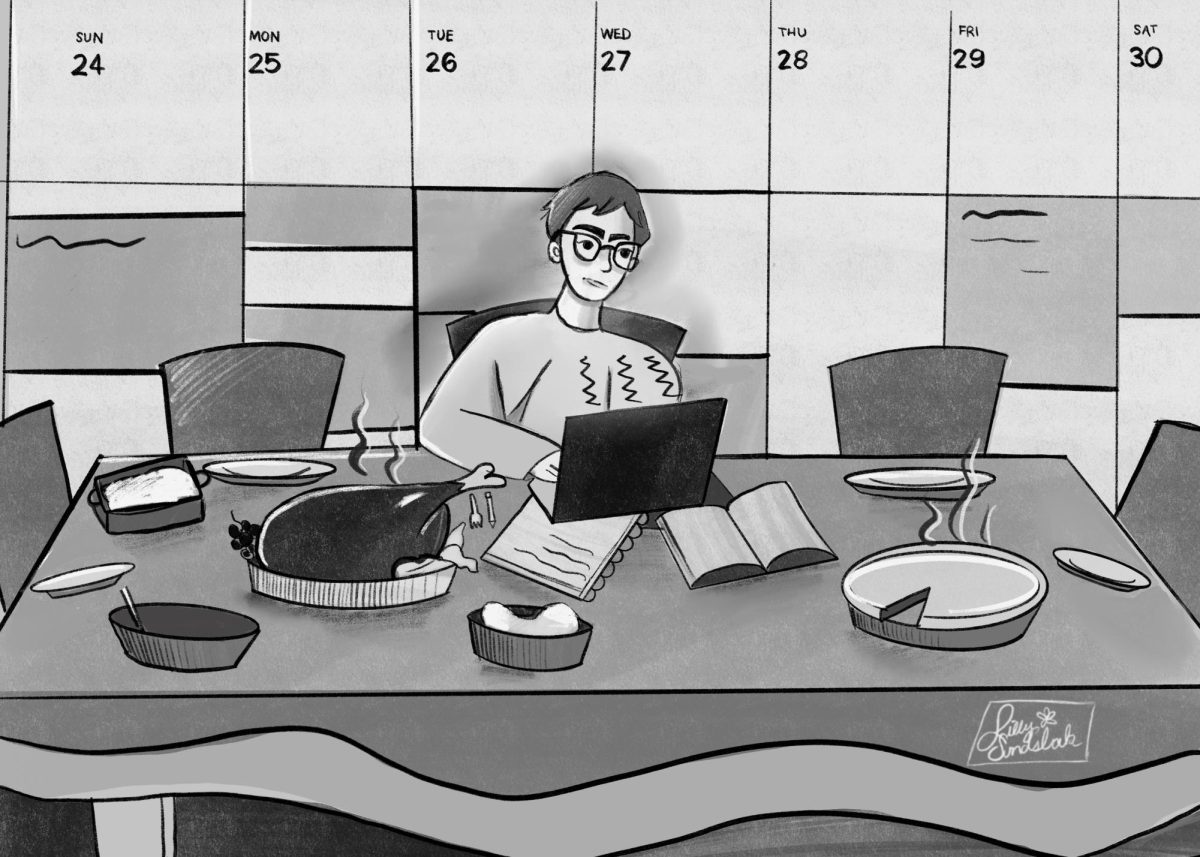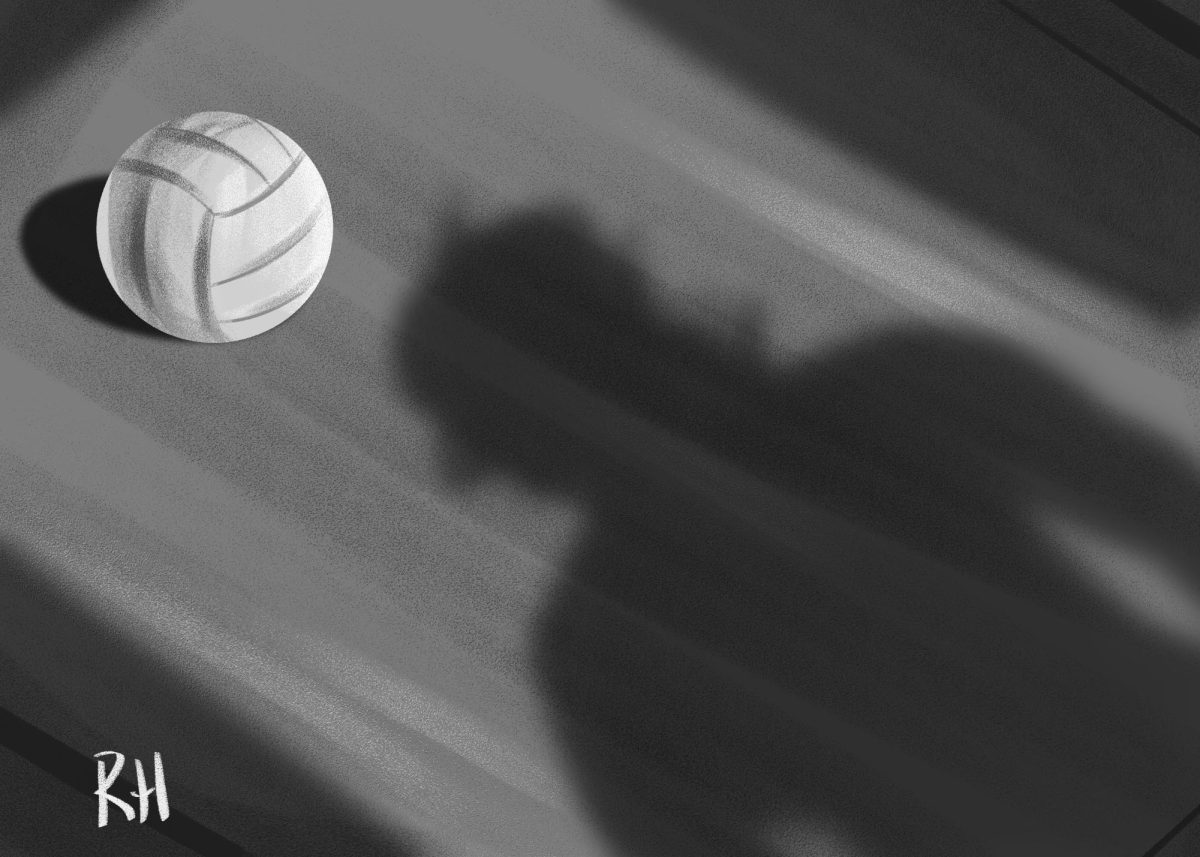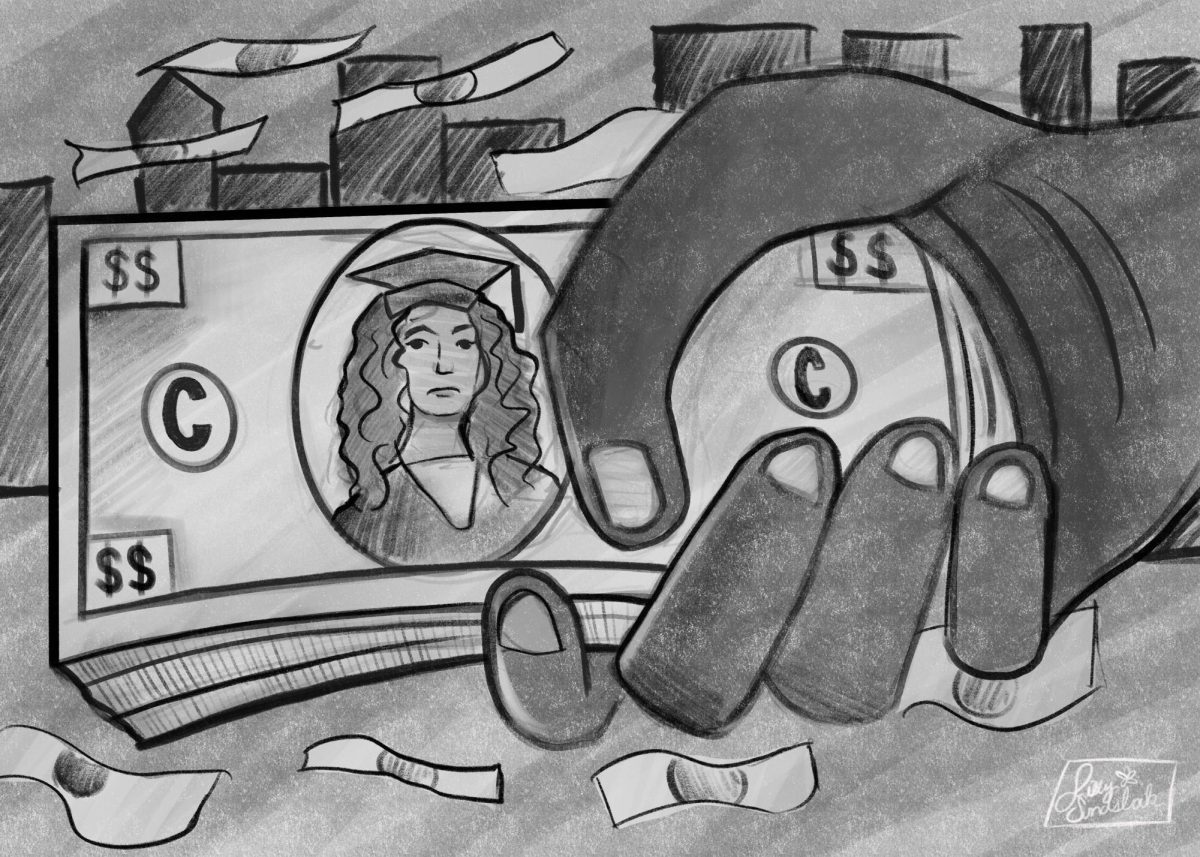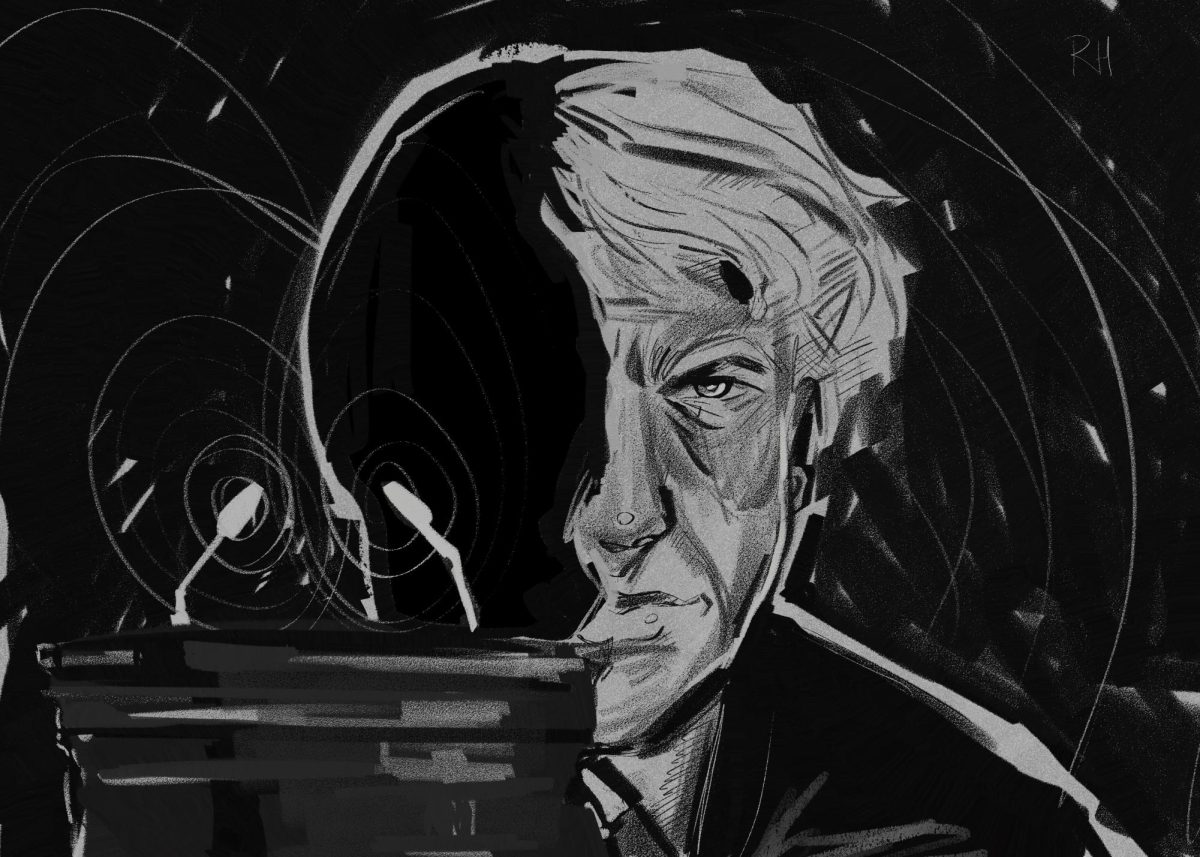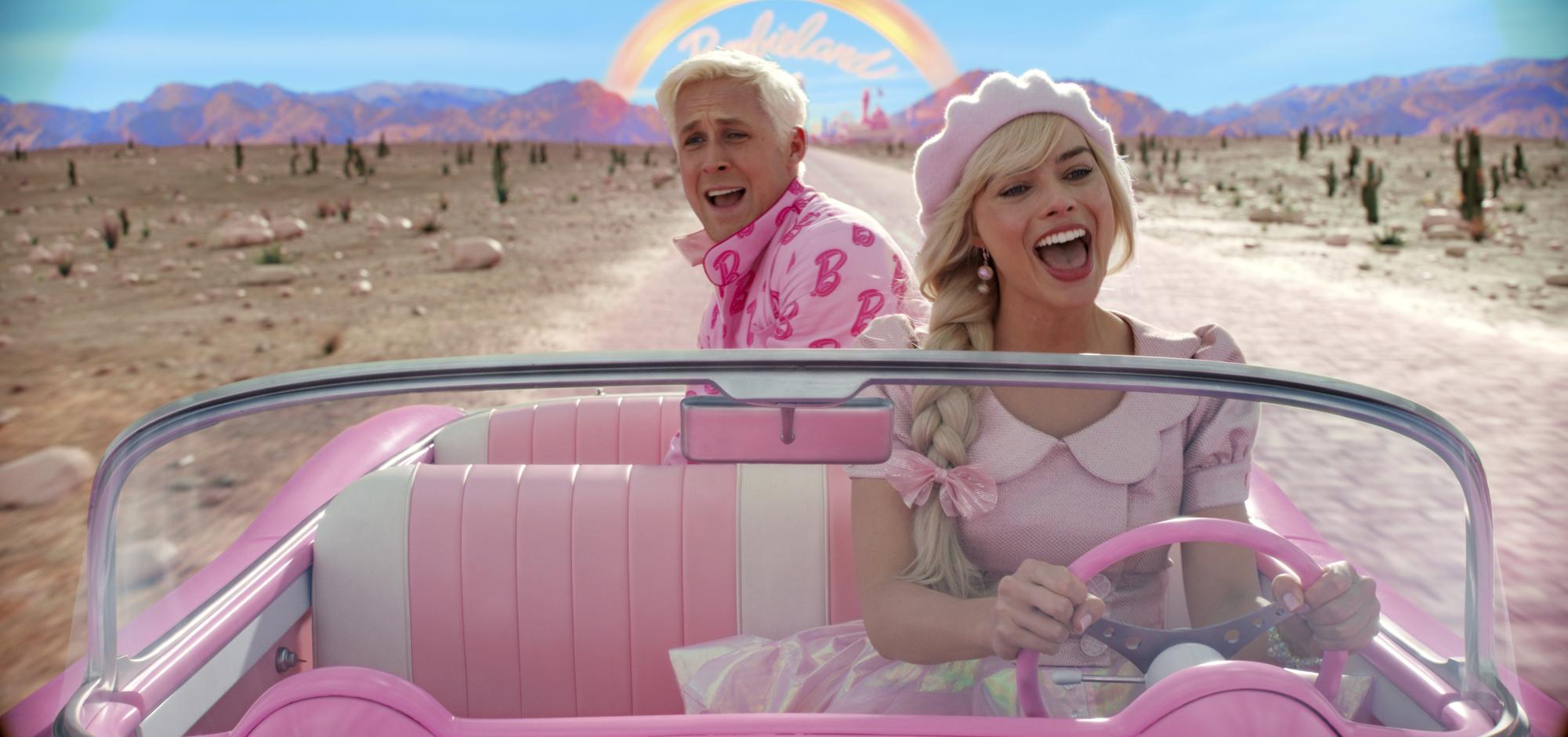
The new star-studded Barbie movie continues its blockbuster appeal after the biggest movie opening weekend for a female director ever. Women have made up the majority of its audience and viewing numbers. Instead of celebrating that, critics have called the movie “man-hating” and “feminist propaganda.” Some have even declared a “Barbie boycott.”
This criticism misses the obvious connection to the movie’s overall theme and plot: what men think is “man-hating” is just women, all women, not just the binary, being honest about their experience and questioning outdated gender roles.
The movie starts with “Gerwig-genius,” director Greta Gerwig’s propensity to wow us with strange yet profoundly deep movie magic. It begins with a wacky and witty montage of young girls rebelling against the motherhood role pre-Barbie dolls made them portray. After that, there is yet another avant-garde and clever montage and introduction of the rarity that is “Barbie Land,” the place where the Barbies and Kens played by Margot Robbie, Ryan Gosling, Issa Ra reside.
The movie earned its first gold star by choosing a female narrator, Helen Mirren, comparable to the likes of Morgan Freeman. Later when introducing “Barbie Land”, it earned its trophy by capturing a glimpse into a feminist’s wet dream. “Barbie Land” is where women are whole without a man; they are leaders, champions, and winners without being called pushy, bitchy and annoying. Women are strong without men and don’t feel any pressure from society to be a certain way, look a certain way, or even think a certain way. Women are the ones in positions of power, the leaders and the decision-makers. Men are the ones trying to prove themselves to women. The character of Ken is the stereotypical “dumb-blonde” that’s usually played by women. Ken is the spornosexual, superfluous side character spooning for Barbie, who will never care for himself the way he cares for her. The roles are completely reversed.
This Barbie movie obliterated the regular Barbie bona fide “women who can do anything” narrative that most their movies run with, switching its main focus to the patriarchy and its glaringly obvious detriment to society. They took a frank and upfront approach to show what the female experience is and what actual consequences it has. This is scary, and when pure and total honesty about the female experience is displayed, it is seen as man-hating rather than women attempting to be honest and hold men accountable. The Barbie movie explains how even if Barbie can do anything, women truly can’t just do anything, it’s a lot more complicated than that. And even one, cis, white, straight Barbie isn’t going to solve the world’s problems.
The sheer audacity and female-founded power behind this movie is simply refreshing and oddly satisfying. Women don’t get to win a lot, women don’t get taken seriously oftentimes and women sure as hell don’t get to have an entire movie to talk about these grievances. They must sit still, look pretty and do what everyone says or believes them to do. Take it from America Ferrera’s five-minute monologue in the movie, “I’m just so tired of watching myself and every single other woman tie herself into knots so that people will like us.” This movie showed women that there is room to speak, they deserve a voice, even if it means being called “man-hating”, you must look at society right in its rose-colored-glass vision of the world and hopefully show the ignorant, reality.
But the movie didn’t go far enough. It overlooked queer issues and racism. The possibly queer character of “Allen” played by Michael Cera and the Black president of “Barbie Land” played by Issa Rae were subplots that deserved more attention.
Barbie showed us that the patriarchy is a well-oiled and well-programmed machine, where, in real life, women continue to lose their rights, see their futures be neglected and safety taken away. The movie is a manifestation of our pent-up anger, unrequited rage, and our wildest, girliest dreams that just want to feel recognized and celebrated. It’s something for feminists to hope and hold on to while our spirits seem to dwindle.







